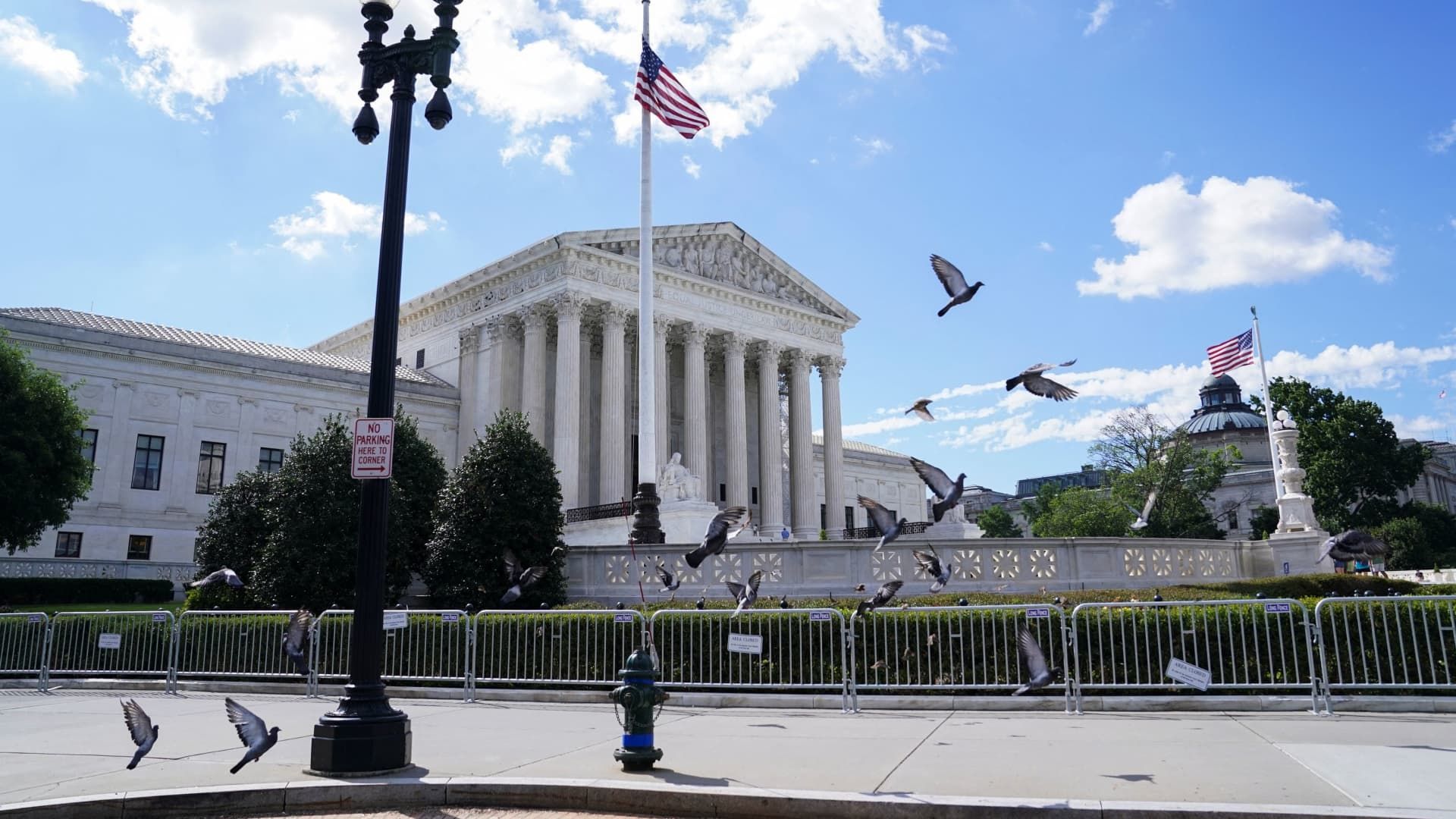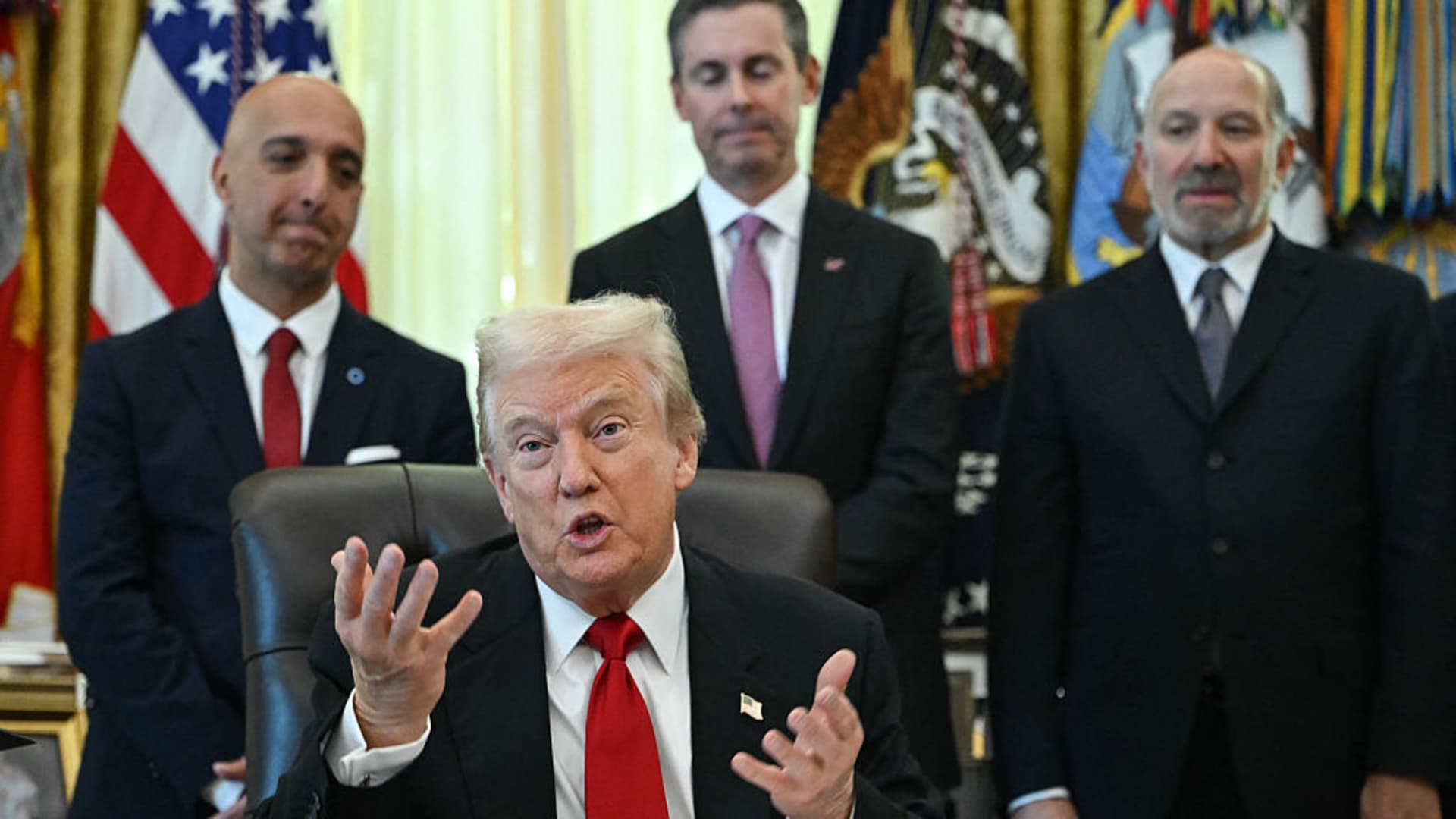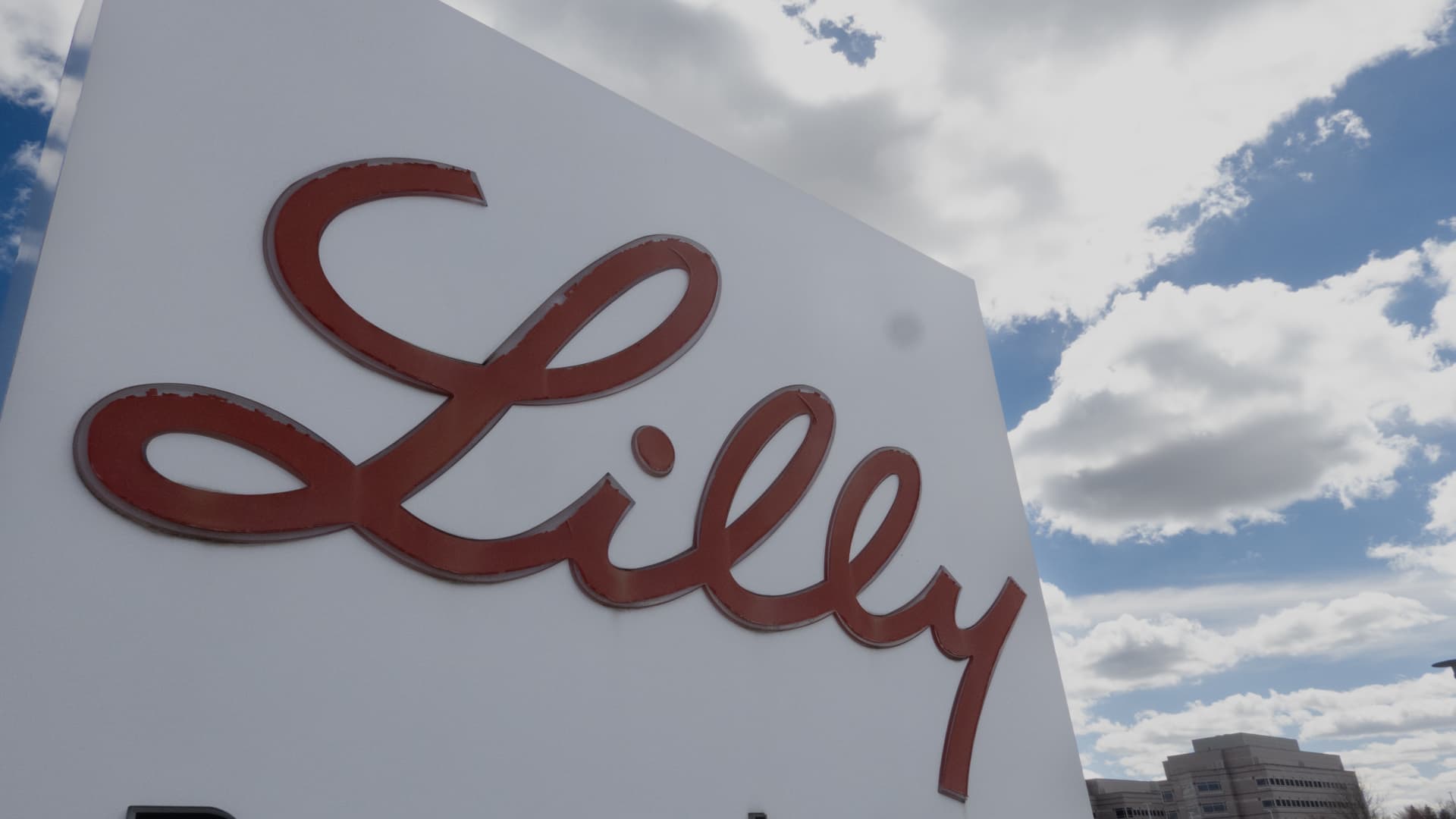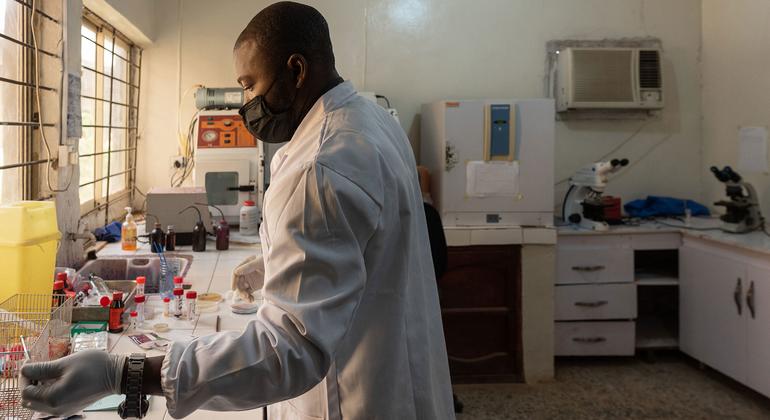Birds fly outside the U.S. Supreme Court on the day justices issue orders in pending appeals in Washington, U.S., June 24, 2024.
Nathan Howard | Reuters
WASHINGTON — The Supreme Court on Tuesday agreed to consider whether the Food and Drug Administration acted illegally in refusing to approve flavored e-cigarettes commonly used by teenagers.
The case tests the FDA's role in approving new nicotine products at a time when new ones are proliferating.
E-cigarette makers have filed lawsuits across the country challenging the FDA's decisions.
The FDA won most of the cases but appealed to the Supreme Court after the U.S. Court of Appeals for the Fifth Circuit ruled in January in favor of two vaping companies seeking approval of their products. The appeals court found that the FDA had failed to properly evaluate the companies’ applications, violating a federal law called the Administrative Procedure Act.
That case was brought by Triton Distribution, which makes e-liquids for vaporizers in flavors including “Signature Series Mom's Pistachio” and “Suicide Bunny Mother's Milk and Cookies,” and Vapestasia, which has applied for approval of flavors including “Iced Pineapple Express” and “Killer Kustard Bluebery.”
Three other appeals filed by vaping companies that lost in lower courts are also pending in the high court.
The FDA has consistently refused to approve flavored vapes, arguing that they may pose a health risk because they can encourage young people to use tobacco, although they remain widely available. Companies claim the FDA erred, arguing that their products can be used to help people quit smoking.
The FDA has concluded that the potential benefits of helping adult smokers quit smoking do not outweigh the potential health risks to young people.
Meanwhile, there has been an increase in the number of teenagers using other nicotine-containing products.
The FDA recently approved menthol-flavored e-cigarettes for the first time. It has also approved other e-cigarette products.
Amid debate over the potential health dangers of vaping, the FDA this month also reversed its ban on Juul selling its vaping products.
The justices will hear oral arguments and decide the case during the Supreme Court's next term, which begins in October and ends in June 2025.












